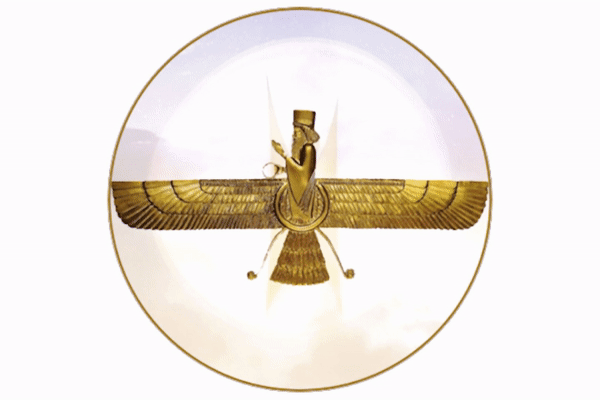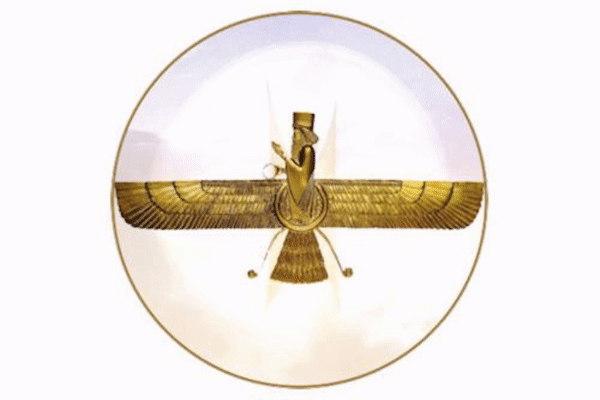The Inner- And The Outer Welfare
- arionahram

- Jan 19, 2023
- 2 min read

A solution that recognizes the happiness of the people in dependence on the stability of the two intertwined strings of inner welfare and outer welfare, i.e. the Iranic String Theory.
The school of humanism was codified in the renaissance of the Europe, but its history dates back to the Ghathas of ancient Iran. Social democracy, however, was also introduced by the Europeans as humanistic and modern capitalism, but the history of such an idea can be traced back to ancient Iran.
On the other hand, Arya is the ancient pronunciation of the word Iran, and therefore Aryan Europeans are also considered as Iranians, and therefore the set of the ideas mentioned above can be called "Iranic humanism". A solution that recognizes the happiness of the people in dependence on the stability of the two intertwined strings of inner welfare and outer welfare, i.e. the Iranic String Theory.
The inner welfare, which is available to all and occurs through individual effort, is the insight of "Mazdeyasni" or the worship of the wisdom as the ultimate knowledge of self discernment and worldview, the roots of which can be traced back at least to the time of the Aryans and their teacher of the thoughtful words, Zarathustra.
The outer welfare, which is a social endeavor and requires a majority of the community of individuals to agree on its occurrence, is the politics of "social democracy" as the modern- or humane capitalism the roots of which can be traced back at least to the time of Mazdak around 450 AD.
The inner welfare and the outer welfare are two intertwined factors of the happiness, the lack of any of which is an obstacle and a defect to the occurrence of this happiness.
Immature human beings, whose societies are still in a primitive state from the point of view of outer welfare, are certainly forced to submit to the conditions like that of prevailing in jungle by being enslaved to the worries of their livelihood and housing, and have less time and possibilities to deal with other matters.
While other immature human beings who got more modern by managing and developing their social structures, have solved the concerns of early humans and reached outer suppliement, they have instead found time to be captivated by worries about their own stomach vapors i.e. the mental illusions and thereof in worry and instability or rather in the lack of the inner welfare, cannot always have enough strength to appreciate their outer welfare either.
Mature human beings, however, have achieved freedom and balance both by managing their outer welfare and by managing their mind or the inner welfare. They have developed a society in which everyone enjoys outer welfare, by help of which finds the opportunity to address themselves, to handle their own minds i.e. to manage their own minds and thus through firmness upon themselves have become sort of god.
Übermenschen or the ultimate human beings are secured and free people who, in such a context, have turned the mental-psychological balance or the final maturity into a habit and above that into an instinct.



Comments